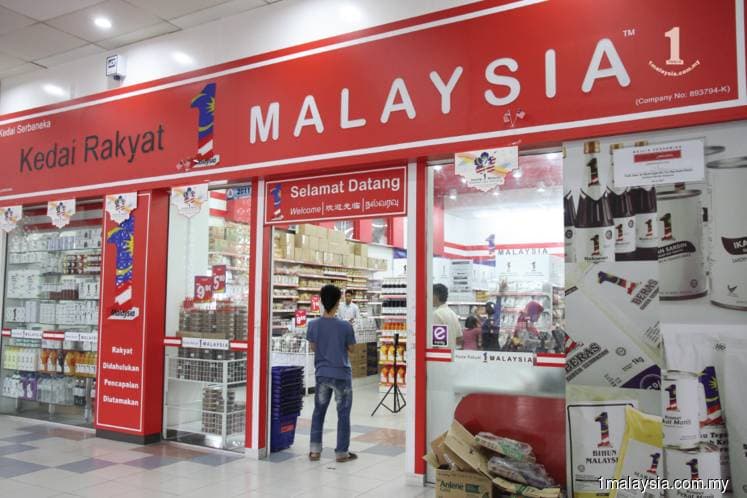
This article first appeared in The Edge Financial Daily on February 8, 2018
KUALA LUMPUR: The subsidising of food items under the relaunched Kedai Rakyat 1Malaysia (KR1M) 2.0 scheme would distort competition, says a think tank that promotes market-based policy solutions.
Institute for Democracy and Economic Affairs (Ideas) noted that some items including cooking gas and oil and flour would be sold below the market price at KR1M 2.0 outlets.
“It is unfair for small businesses that have to sell the same items at market prices while KR1M shops have the privilege of selling them at lower prices with government subsidies,” said Ideas economist Adli Amirullah.
The move was anticompetitive policy in nature because KR1M may crowd out small businesses in the long run, he said.
The first KR1M was set up in June 2011 with 185 stores nationwide to tackle the rising cost of living.
Daily necessities were sold 30% to 50% cheaper than their market prices.
The scheme was operated by MRT Retail Sdn Bhd, a subsidiary of Mydin Mohamed Holdings Bhd that owns the Mydin supermarket chain.
The KR1M stores were later closed down by the government to improve the initiative, and offer cheaper daily provisions and choices.
The second-generation KR1M, spearheaded by Perbadanan Nasional Bhd, was launched on Sunday with new strategic partners — Pahang-based retail supermarket chain Tunas Manja Group and KK Super Mart.
Adli said that if KR1M continues to exist, local entrepreneurs would have no motivation to invest any capital in opening grocery stores amid price control and anti-profiteering laws.
He said the entrepreneurs would know that they would lose to their competitor — the government which sold goods below the market price.
“This will lead to a lesser supply for foods item in the market and ultimately cause prices to increase even higher in future,” he said.
Adli added that governments should stick to playing the role of market regulator.